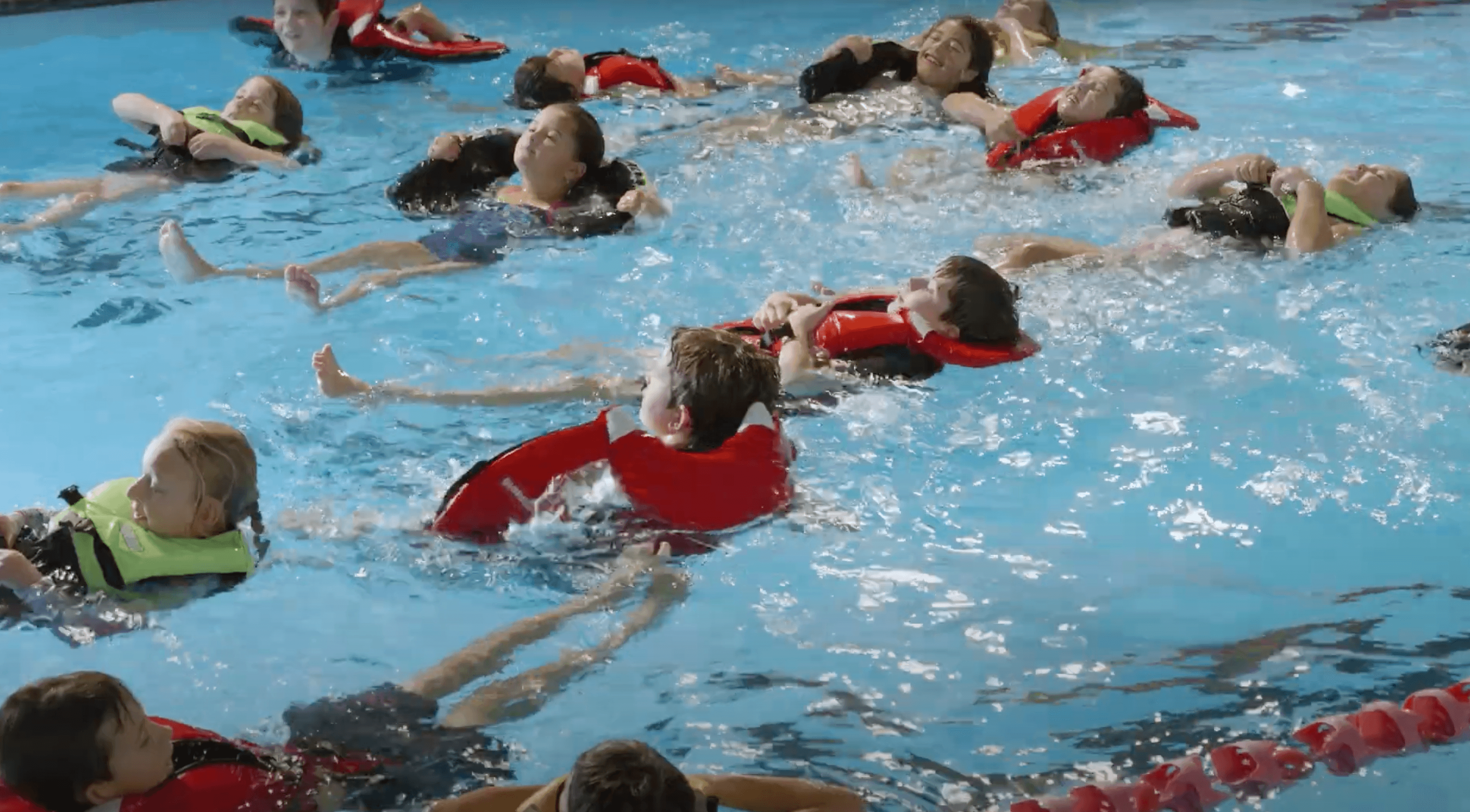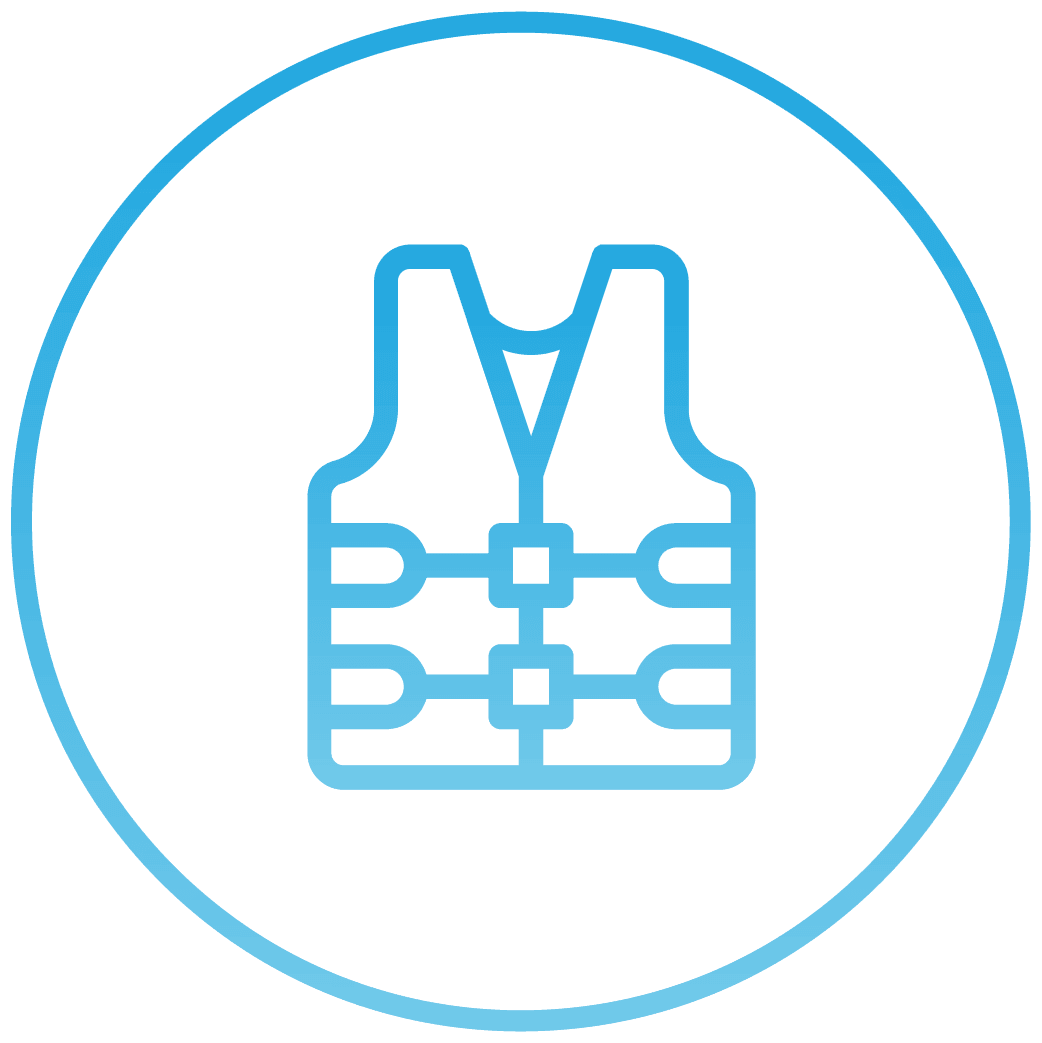About
Our Story
Program Founder and director Anne McLeod is passionate about providing practical water skills to keep children safe in our diverse aquatic environments.
With more than 40 years of involvement in aquatics at local and national level, Anne also brings planning and business acumen as Owner/Founder of the McLeod Group.
Our Purpose
To deliver a water survival program in the Bay of Plenty.
Our Vision
Ensure our community can safely enjoy the water.
Our Mission
Promote and educate aquatic survival skills among children and youth in the Bay of Plenty. Provide educational resources and partner with teachers to deliver survival skills.
Teach an educational program focused on practical water skills that will help children to survive and thrive in varied aquatic environments, safely and responsibly. Collaborate seamlessly with other organizations that have the same or similar water related objectives. Work with the community to secure funds to ensure long term sustainability of the program.
Our Values
Passion
Professional
Influence
Collaboration
Community
Responsibility
Contribution
Dependability
Empowering Children, Saving Lives
Aquatic Survival Skills is a practical programme that helps Year 5 and 6 students learn how to stay safe in and around water. Our experienced educators deliver the lessons with support from classroom teachers, using real-life scenarios to build confidence and water safety skills. Created in partnership with Swimming New Zealand, the programme gives tamariki the knowledge they need to enjoy rivers, lakes, beaches, and pools safely and responsibly.
Our Impact
Our program includes engaging lessons designed to build water safety awareness and confidence in tamariki. These interactive sessions introduce children to core aquatic survival concepts, giving them the knowledge to start making safer choices around rivers, beaches, pools, and boats.
3874
Total Educated Primary Kids
206
Total Educated Teachers
21
Resource Boxes Donated
Programme Options
We have two programmes to suit various primary schools throughout the Bay Of Plenty. With options dependent on location, pool type and equity index. With some details about your school, we can book your school in for an upcoming programme.
Aquatic Survival Skills
If your school has a pool, or not, your year 5/6 students are eligible for the fully funded aquatic survival lessons.
Water Skills For Life
If your school has a pool and an equity index of 446 and above, your year 0-8 students are eligible for the Water Skills For Life lessons.


Aquatic Survival Skills Programme
For Schools With or Without Pools
The Aquatic Survival Skills education is a combination of fun interactive classrooms lessons and pool sessions either at the school or community pool. Our comprehensive aquatic survival training is available to year 5/6 primary school students, and covers a variety of scenarios, providing your children with the tools they need to handle any water-related situation. We focus on not just teaching, but instilling a deep understanding of water safety in every child.

Water Skills For Life Programme
Available to Primary Schools With Pools
Water Skills for Life is offered to year 0-8 students in primary schools with pools and an equity index of 446 and above. Linked into the national education curriculum to give children the skills and knowledge to assess risks and make smart decisions around water. Water Safety New Zealand and Ministry of Education, is making water safety and Water Skills for Life an integral part of a child’s learning through the Health & PE Curriculum review from 2024.
Water Safety Education
Aquatic Survival education offers numerous benefits, ranging from life-saving skills and increased confidence to improved physical fitness and lifelong enjoyment of water activities. It plays a critical role in shaping responsible and safety-conscious individuals who are well-prepared to navigate aquatic environments throughout their lives.
Increased Confidence
Learning how to survive in water instills confidence in children. They develop a sense of self-assurance and competence, knowing they possess the skills to handle various water environments. This confidence extends beyond the water, positively impacting their overall self-esteem and resilience.
Lifelong Survival Skills
The skills acquired through an aquatic survival program are not only valuable during childhood but also last a lifetime. Children learn essential survival techniques, such as floating, treading water, and self-rescue, which can be applied in emergencies throughout their lives. These skills become a crucial asset, enhancing their personal safety and potentially enabling them to save others in need.
Fitness and Coordination
Participating in water-based activities improves children's physical fitness and coordination. Swimming, practicing water survival techniques, and engaging in various water sports promote cardiovascular health, muscular strength, and overall body coordination. It encourages an active and healthy lifestyle from an early age
Water Recreation Enjoyment
By equipping children with water safety skills, they can fully enjoy recreational water activities without fear or hesitation. Whether swimming, surfing, boating, or engaging in water sports, they can actively participate and have fun while being aware of potential risks and how to mitigate them. This promotes a lifelong appreciation for aquatic pursuits.
Emergency Preparedness
Our aquatic survival program prepares children to handle unexpected water emergencies. They learn how to respond to potential dangers and assist others in distress. This fosters a sense of responsibility and community-mindedness, empowering them to act as responsible citizens who can contribute to the safety and well-being of others.
Drowning Prevention
The impact of a good aquatic survival program on drowning prevention cannot be overstated. By educating and equipping children with water safety skills, these programs save lives. They create a generation of individuals who are knowledgeable about water risks, act responsibly around water, and can make a difference in reducing drowning incidents in their communities.
